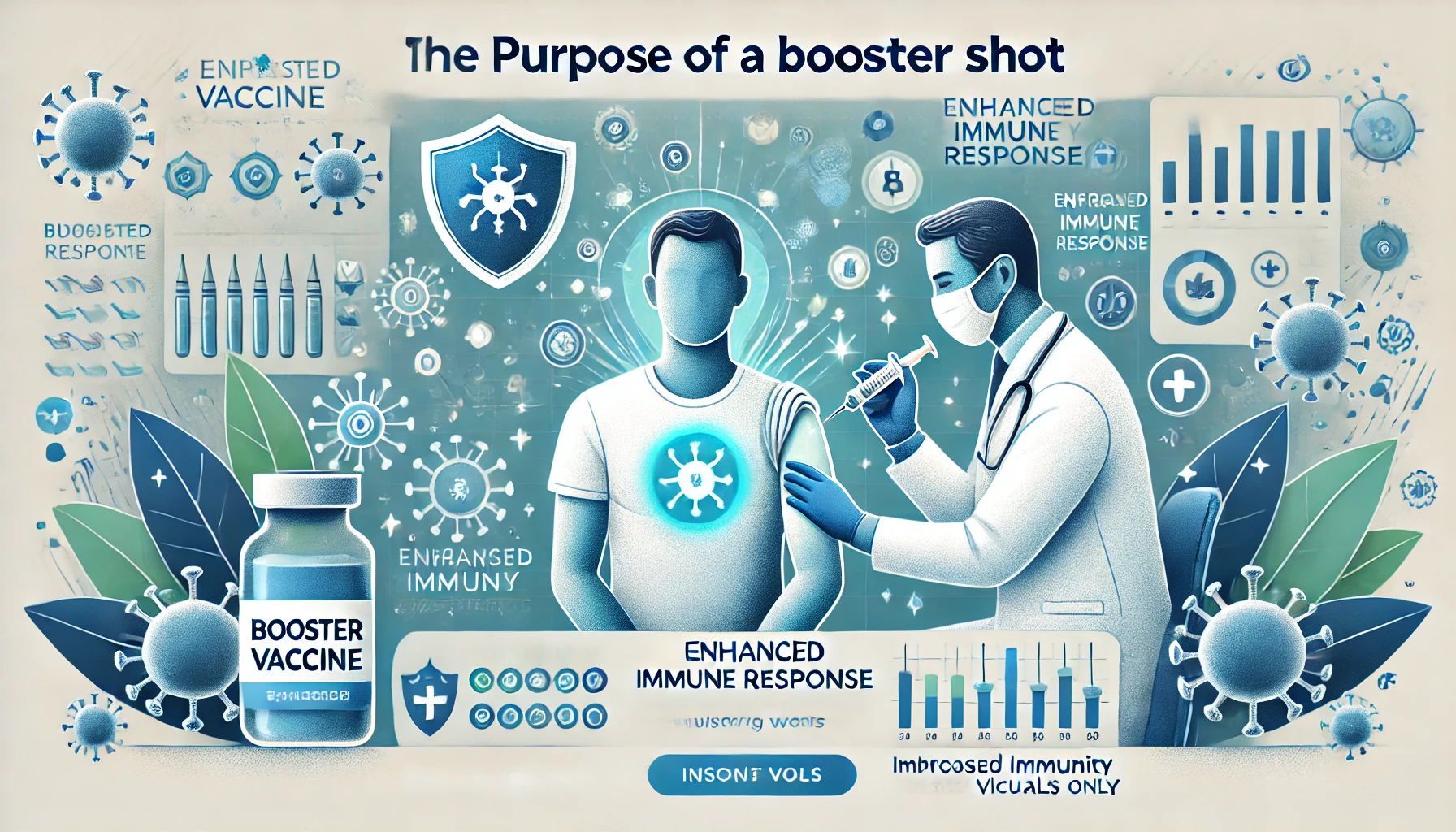What is the purpose of a booster shot?
Article Source: PMC

Why you should care
Vaccines have been crucial in managing global health crises, but over time, their effectiveness can diminish. Booster shots help reinforce immunity, ensuring long-term protection against diseases like COVID-19. With millions of lives at stake, understanding the role of boosters is key to navigating public health challenges.
Answering the question… What is the purpose of a booster shot?
A booster shot enhances and prolongs immunity by reintroducing the immune system to a vaccine antigen. It combats waning immunity, which typically occurs 6–12 months after the initial vaccine doses. Studies show booster shots can increase antibody levels by up to 10-fold, significantly improving the body’s ability to fight infections, especially against emerging variants of concern.
How was the study done?
The study reviewed immunological data from vaccinated individuals over time, comparing antibody levels before and after booster administration. Clinical trials and real-world data evaluated the effectiveness of boosters against severe disease and emerging variants.
What was discovered?
- Antibody levels drop by 50-70% within 6 months after primary vaccination.
- Boosters increase protection from symptomatic COVID-19 by 80-90%, even against variants like Delta and Omicron.
- Neutralizing antibodies rise 4–10 times higher than after the initial vaccine series.
- Booster recipients showed a 95% reduction in severe disease cases compared to non-recipients.
- Cellular immunity, involving T-cells, is also strengthened, offering longer-lasting defense.
Why does it matter?
Booster shots are vital for maintaining immunity in the face of waning vaccine protection and evolving pathogens. They reduce the risk of severe illness, hospitalizations, and death, especially among high-risk groups. In a broader context, boosters ensure the efficacy of vaccination campaigns and contribute to public health resilience against pandemics.
